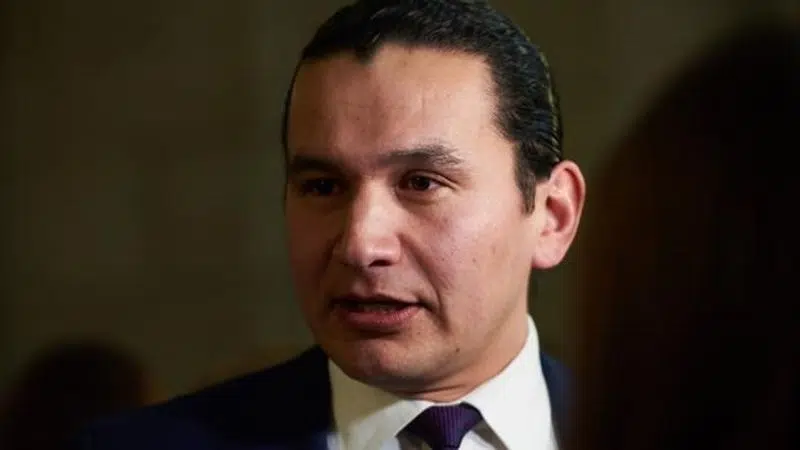
A troubled past and attacks from opponents have not deterred Manitoba NDP leader
WINNIPEG — To his supporters, Manitoba NDP Leader Wab Kinew’s troubled past is a story of personal redemption. To his opponents, it’s one of a man who hasn’t fully come clean about his actions and doesn’t deserve the keys to the premier’s office.
Kinew, 37, has stayed on as Opposition leader despite previous criminal charges and revelations in the media and in attack ads by the governing Progressive Conservatives about homophobic and misogynistic rap lyrics and social media posts.
The revelations, which started just as he was making his first election run in 2016 and continued through to his NDP leadership victory in 2017, might have persuaded some politicians to walk away. But Kinew has persisted and expects the governing Tories to ramp up their ads about his past now that the election campaign is underway.
“Whether it’s fatalist, or whether it’s realist, I have accepted the fact that it’s going to be a tough road,” Kinew said in an interview.
